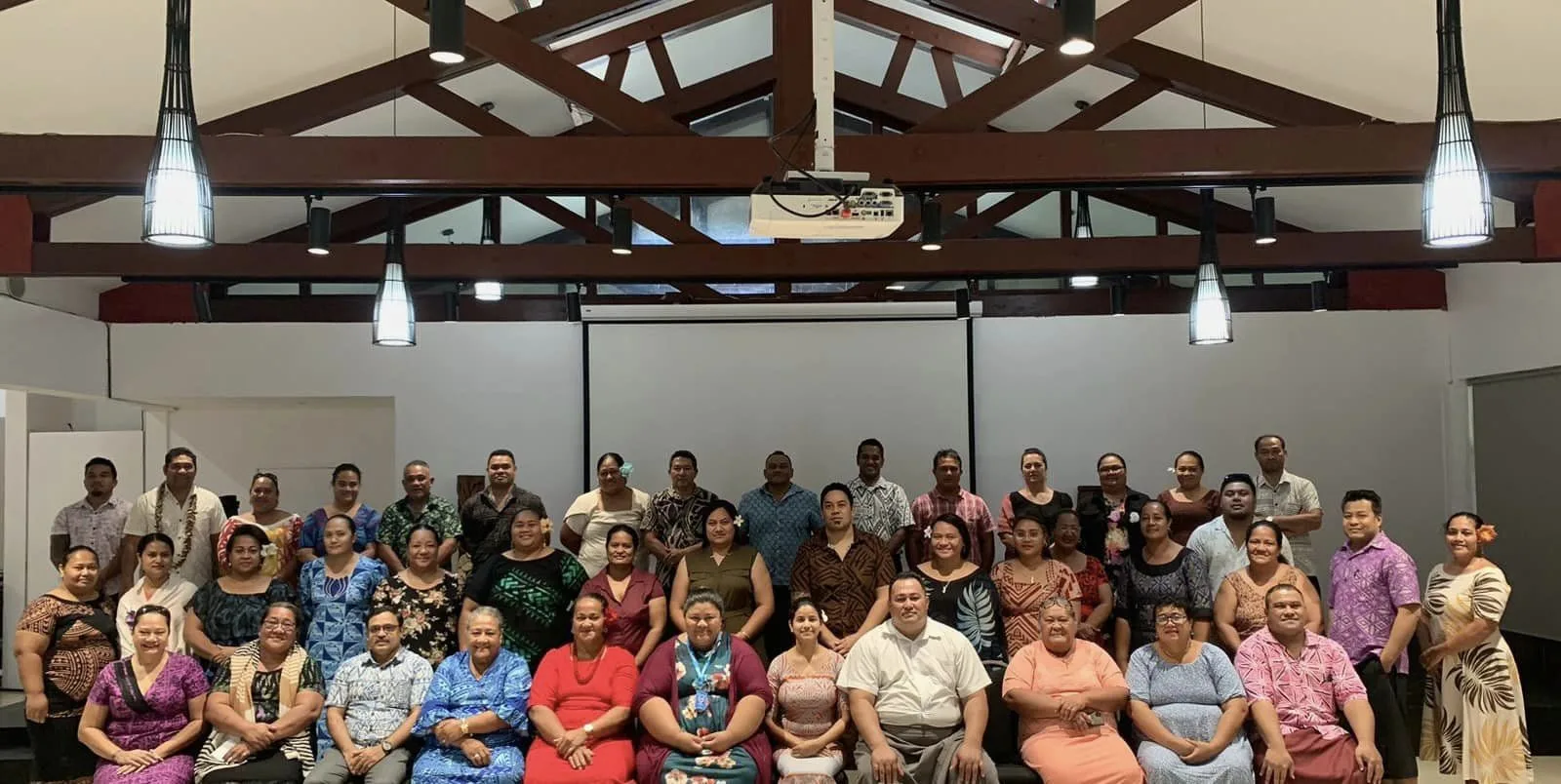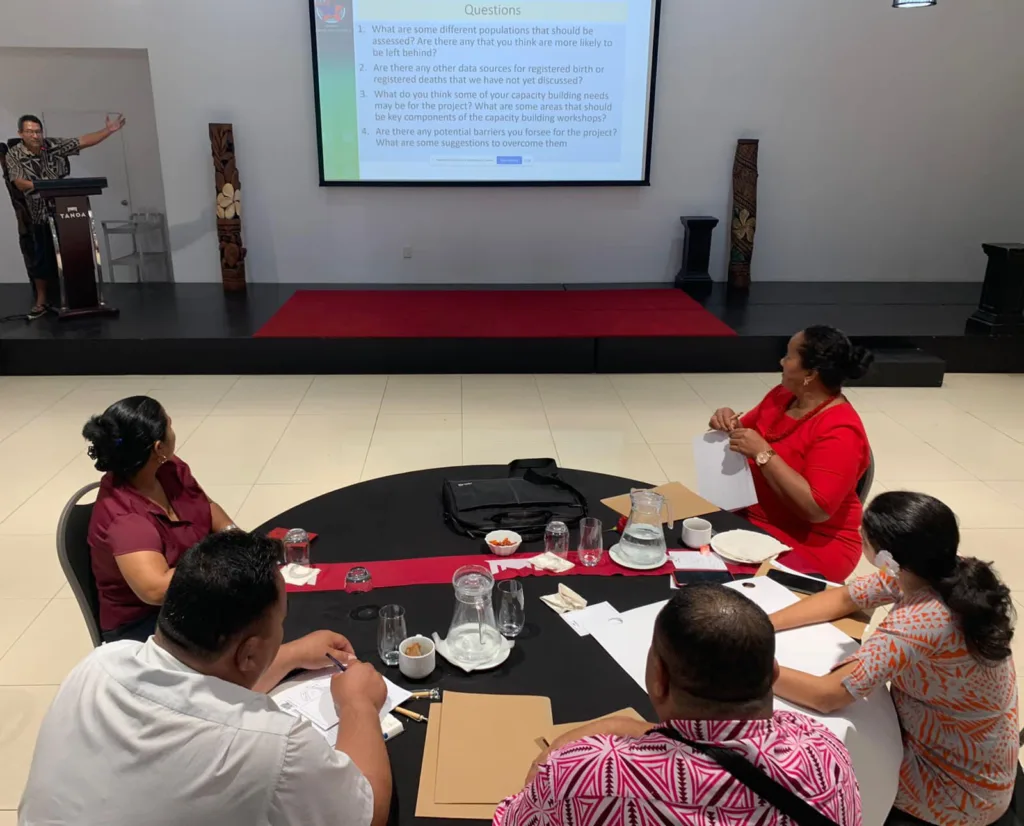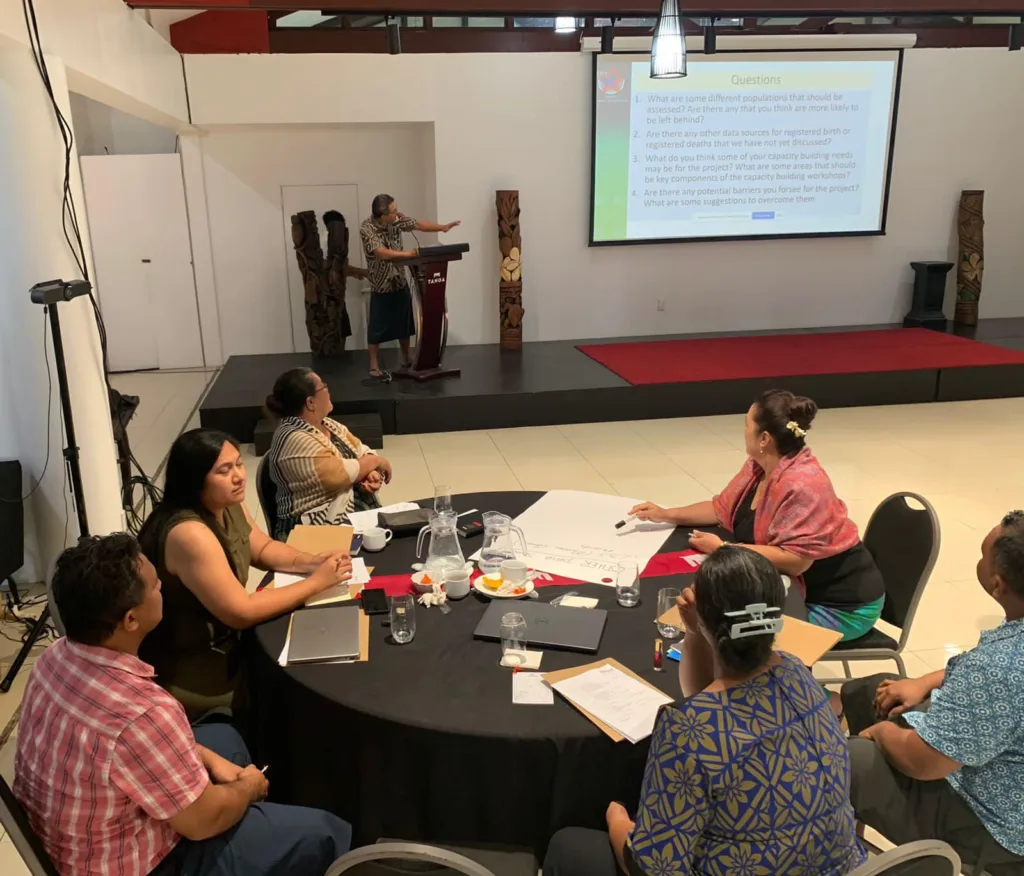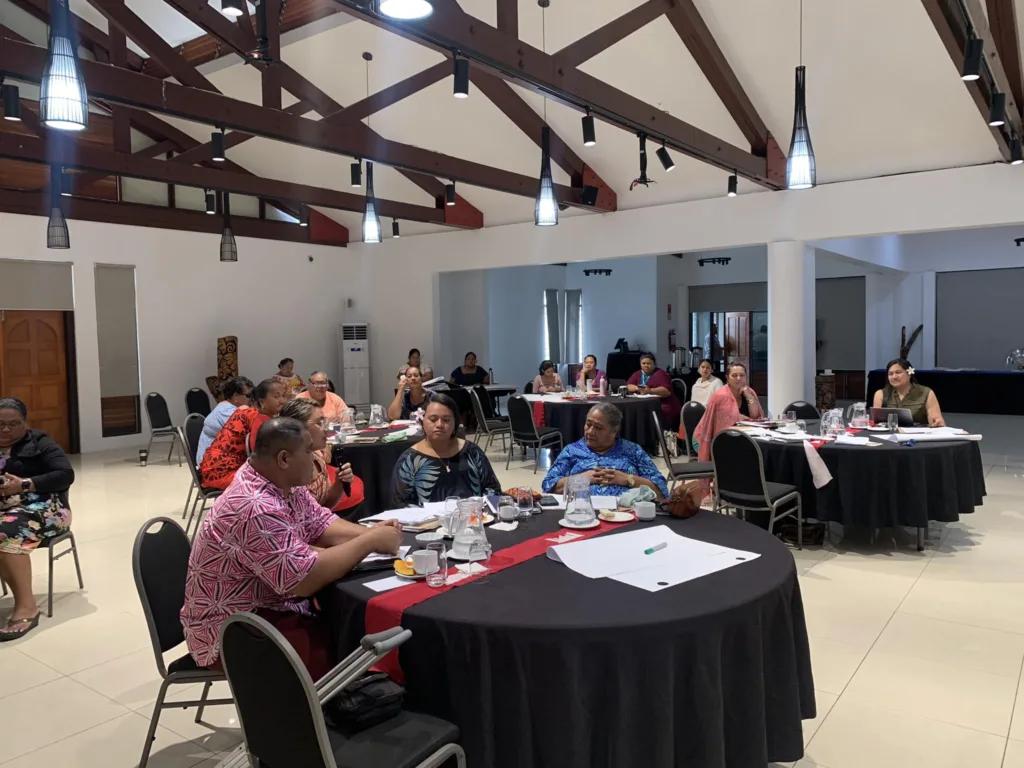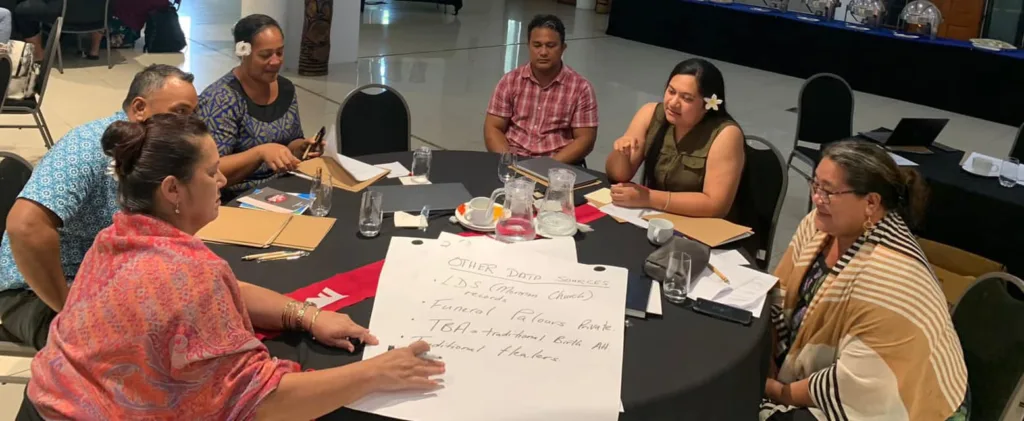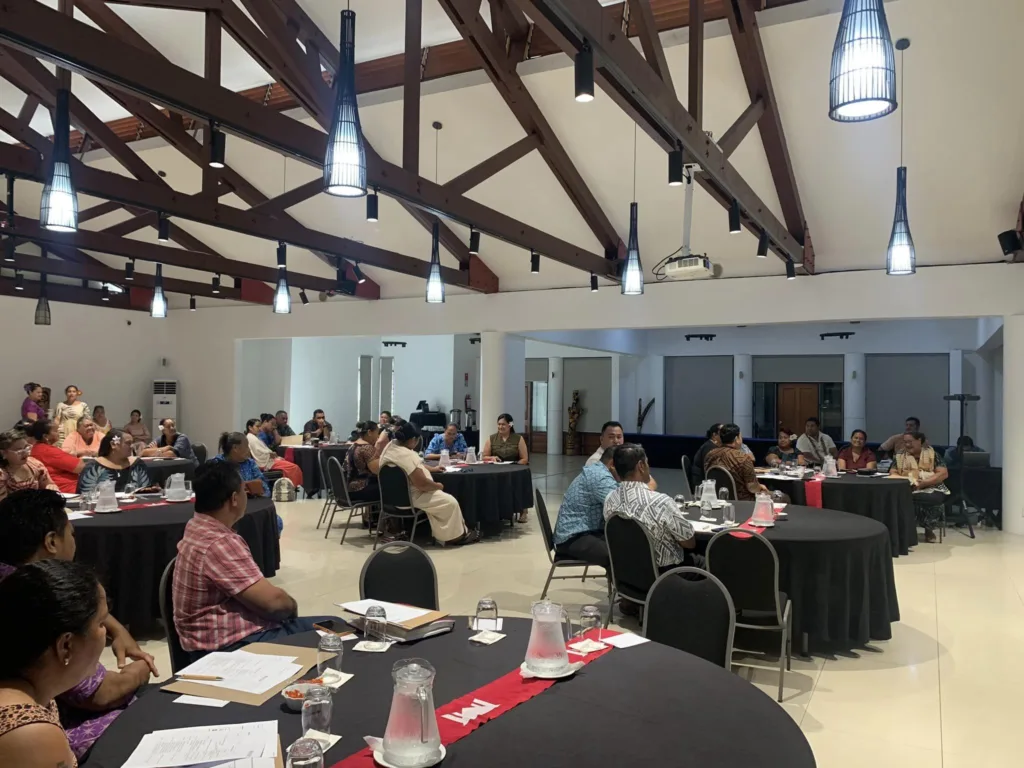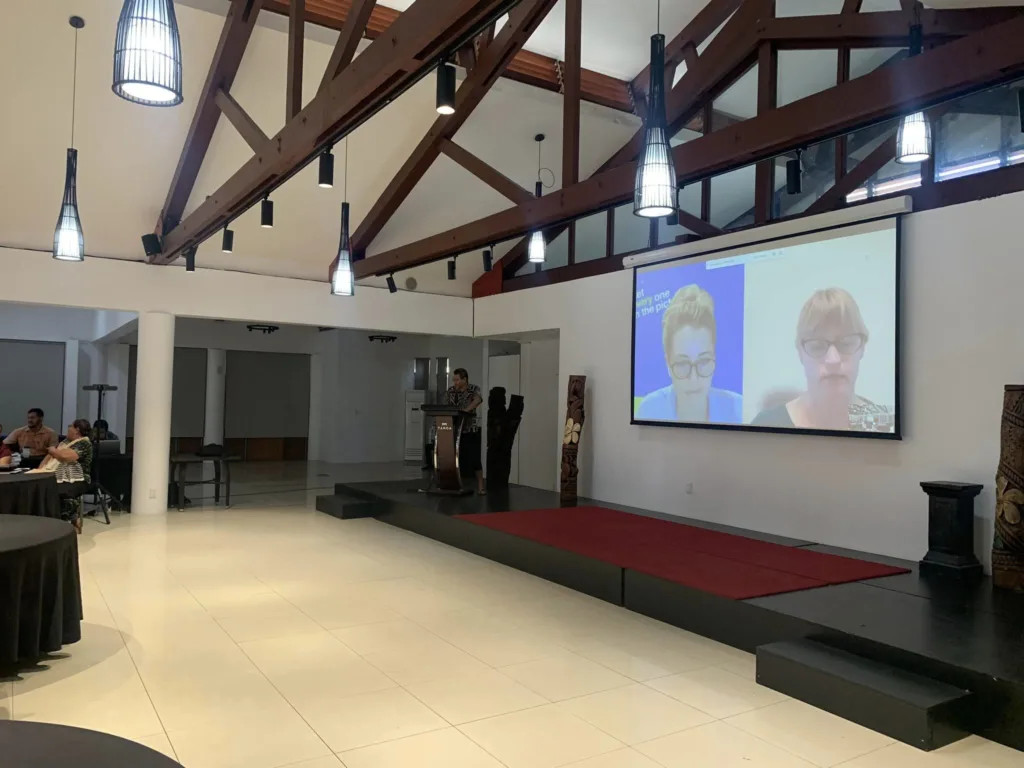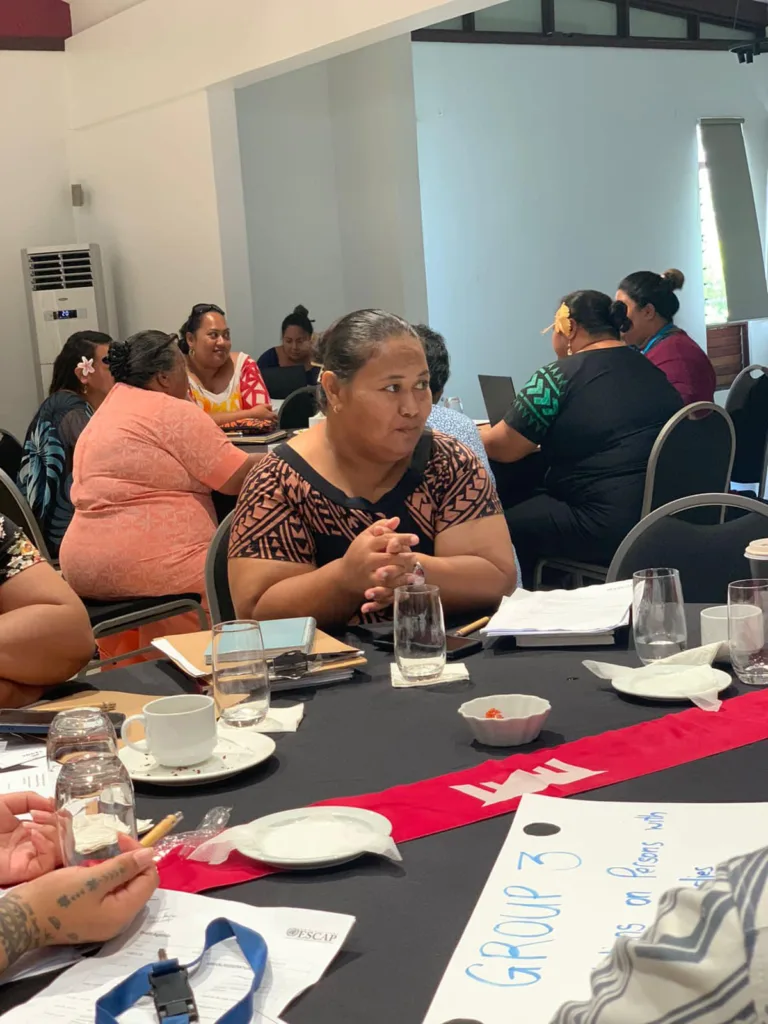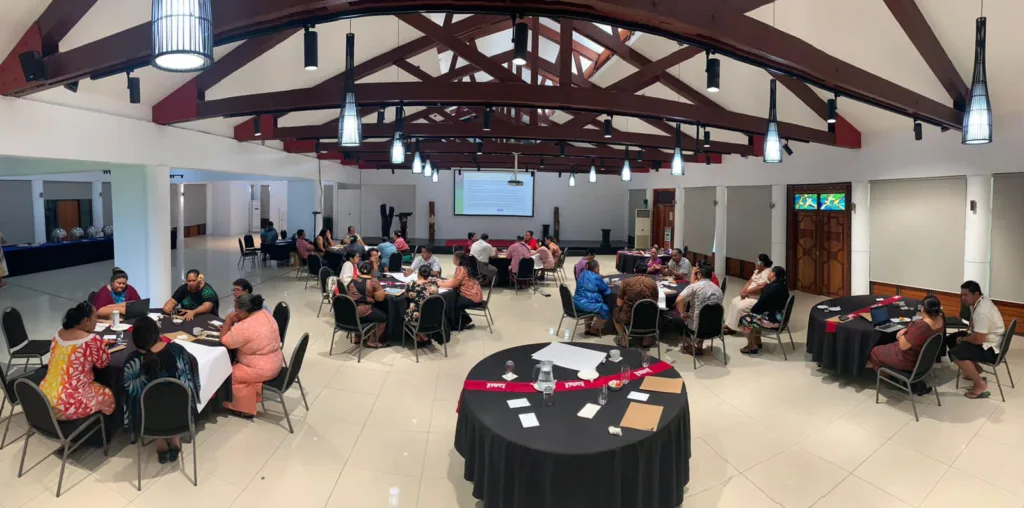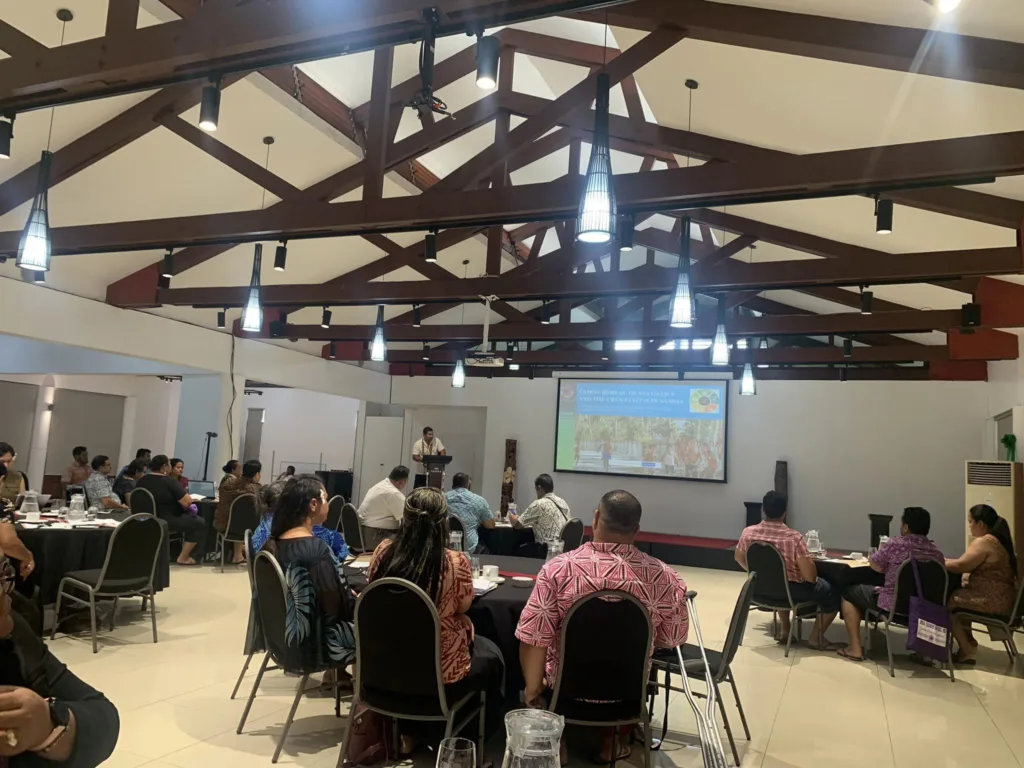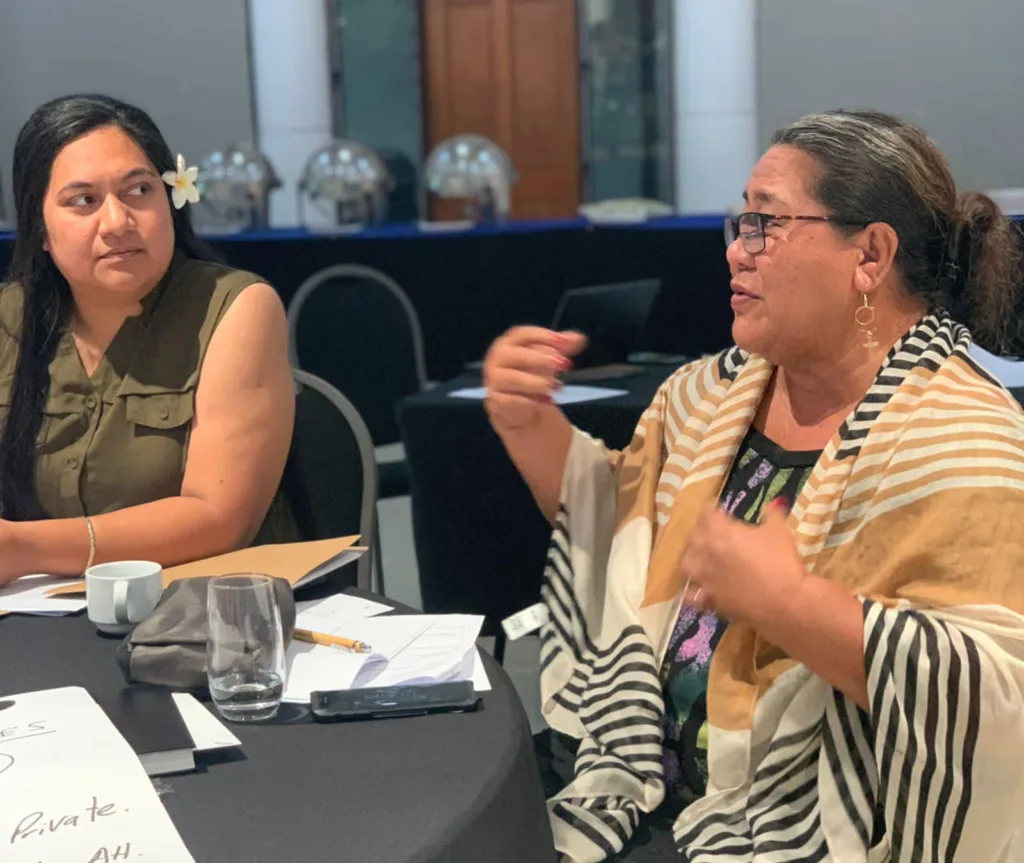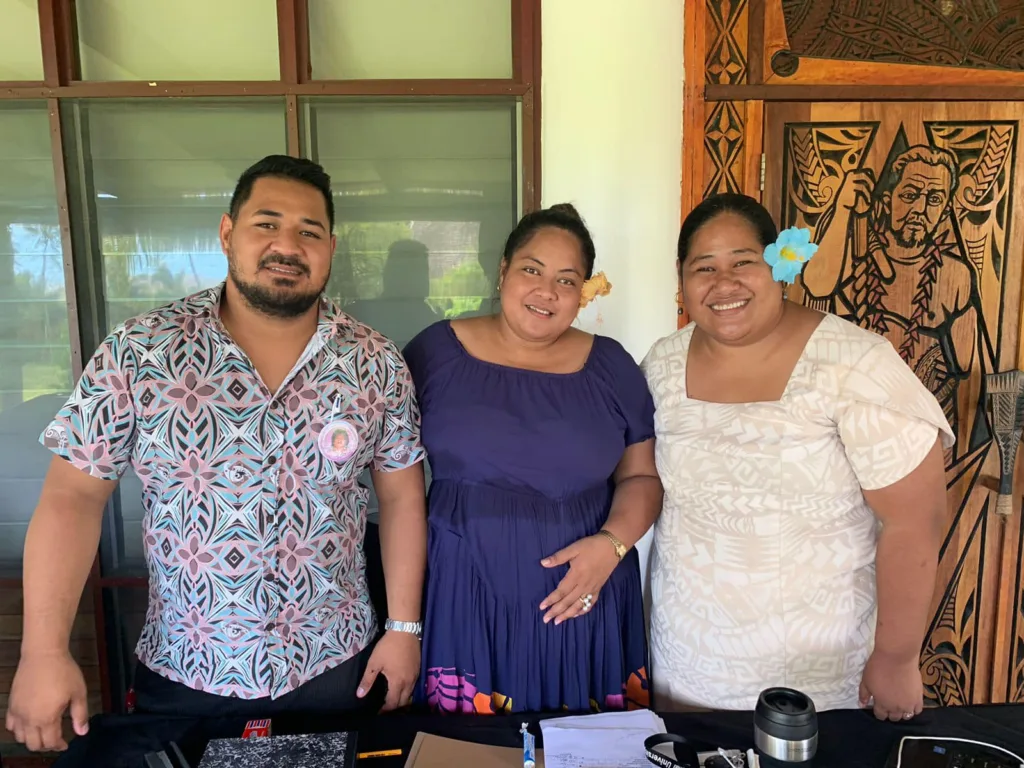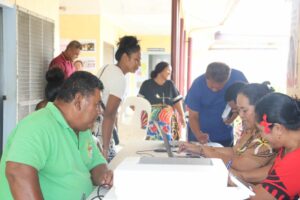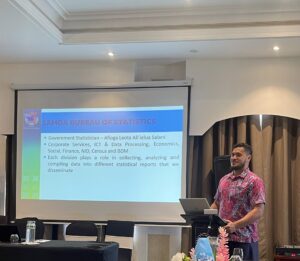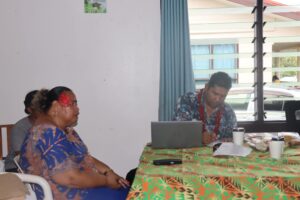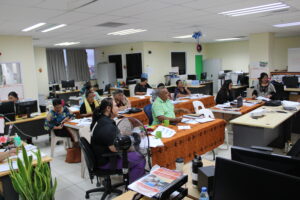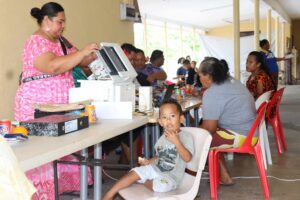Overview: The inception workshop will be a participatory workshop to introduce the project, further develop relationships among relevant stakeholders (data providers, data users, and policy makers), discuss challenges with doing such an inequality assessment, and collaboratively develop a plan for the way forward.
A well-functioning civil registration and vital statistics (CRVS) system helps ensure that every person has a legal identity, facilitating access to the benefits and protections of the State. It is also the preferred data source for many demographic statistics with numerous indicators of the Sustainable Development Goals (SDGs) directly related to mortality and fertility while others rely on population data as the denominator. To know who is being left behind, the relevant disaggregated population data needs to be available.
Many countries experience lower civil registration completeness rates among certain marginalized and hard-to-reach population groups or geographic areas. Despite these inequalities and their negative impact, this problem often remains a blind spot. The groups affected remain largely invisible if the matter is not specifically investigated.
To ensure progress in registration is truly universal and fully inclusive, the Ministerial declaration to “Get Every One in The Picture” in Asia and the Pacific recognized the need to address disparities in civil registration completeness and coverage of these groups. Hence, the Regional Action Framework (RAF) on CRVS in Asia and the Pacific calls upon countries to assess any CRVS-related inequalities experienced by population subgroups.
Due to its well-developed CRVS system and keen interest of stakeholders, Samoa has been selected as one of the countries in the region to receive support to undertake an inequality assessment. The inequality assessment project seeks to provide technical support and capacity strengthening to the Samoa Bureau of Statistics and other relevant national stakeholders to facilitate the implementation of CRVS inequality assessments using secondary data sources in Samoa. This will involve building capacity for demographic analysis to undertake inequality assessments in the future as well as dialogue with policy-makers to ensure the results are used for policy formulation.
The inception workshop will be a participatory workshop to introduce the project, further develop relationships among relevant stakeholders (data providers, data users, and policy makers), discuss challenges with doing such an inequality assessment, and collaboratively develop a plan for the way forward.

